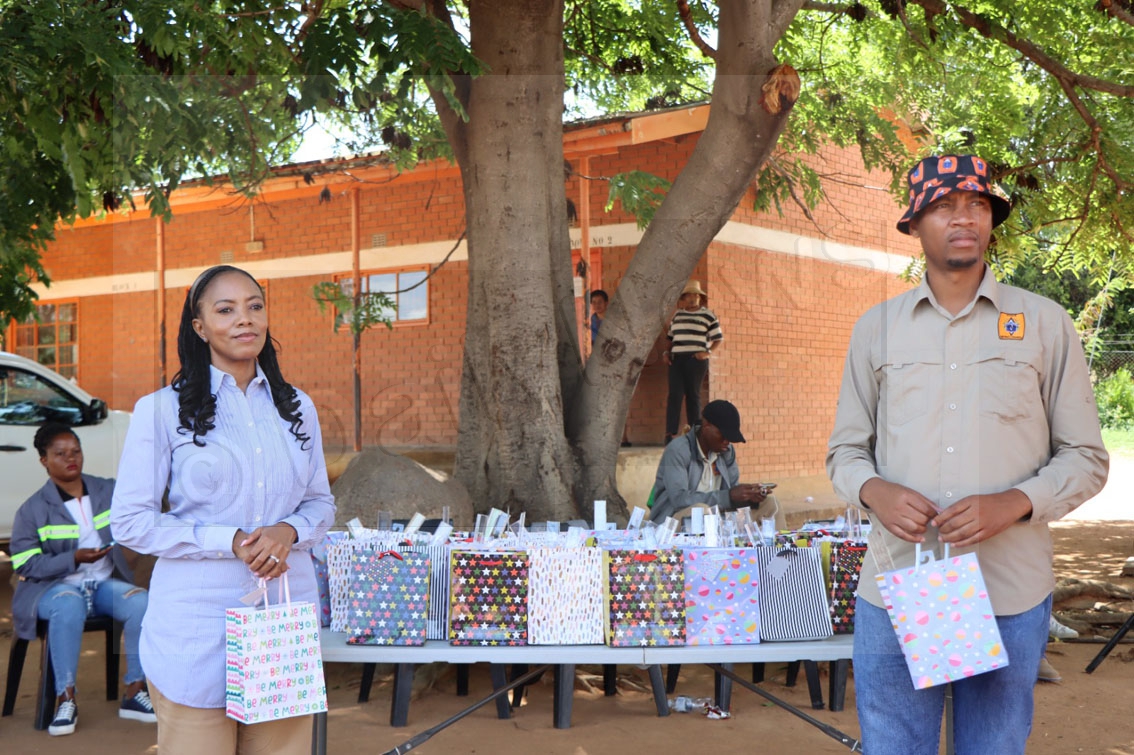Indiscipline leads to poor results at Kgari Sechele
23 Mar 2014
Indiscipline is the main contributor to poor performance by Form 5 students at Kgari Sechele Senior Secondary School.
The school head, Mr Lapologang Kolagano said in an interview that some students were often absent from school while those who came bunked classes.
In some cases, such students came only for tea break and lunchtime. Out of 32 senior secondary schools, Kgari Sechele took position 20 with 24.57 per cent pass in 2009, but went down to a 17.43 per cent pass the following year.
In 2011, the school was in position 17 with 23.95 per cent pass; position 19 with a 23.13 per cent pass in 2012; and position 28 with a 17.62 per cent pass in 2013.
He said lack of fluency in English was a problem, meaning that instruction was hindered as it was done in English and then the students would fail to understand examination questions. A total of 801 students sat for 2013 BGCSE and the school had an overall pass of 14.84 per cent in English.
“There is no how students can pass if they fail the very subject that is used to deliver the curriculum,” he added. Mr Kolagano said the Establishment Register Policy, which dictated the number of teachers per subject, also caused problems for his school.
The policy stated that there should be eight teachers and one senior teacher for subjects such as English and Mathematics. “In Kgari Sechele, we can’t manage with that small number of teachers as we admit 840 students from seven junior schools in Molepolole,” he explained.
“Each year there is one school that we don’t admit students from and last year it was Kwena Sereto. With a class size of 47, it becomes impossible for Maths teachers to teach maths and also help in Statistics and Additional Maths. This results in some classes having no teachers. Even classrooms are not enough for the students as there are 42 groups of students, but only 38 classrooms are available,” he added.
“We then turned some Science labs in to base-rooms to accommodate all the students. These labs are now working only as base-rooms.”
Lack of accommodation for teachers was another challenge that deprived teachers to work productively. Some teachers commuted from Tlokweng, more than 50 kilometres away. As a result, they could not carry books home for marking because they were heavy.
Mr Kolagano said intervention measures included the introduction of a monitored English speaking policy, early morning and extended after school studies, weekly debate competitions, monthly newsletter in which students wroe articles for and weekly quizzes.
However, he said the school did well in pure sciences, home management, computer studies, sports and extra-curricular activities.
For his part, Mr Ephraim Sebolai, the chairperson of the Parents and Teachers Association, said parents lacked commitment to support their children academically. He said parents were not playing their role in the children’s education.
“They fill the multi-purpose hall only during form four orientations, come report-collection day, a few turn up,” he said. “Parents should know that there can’t be improvement in their children’s results if they do not intervene.”
Mr Sebolai urged parents to refrain from covering for their children whenever the latter were to be disciplined because it compromised the authority of the teachers. “Corporal punishment is the best intervention to straighten a student,” he advised. ENDS
Source : BOPA
Author : Kenanao Mmopi
Location : MOLEPOLOLE
Event : Interview
Date : 23 Mar 2014



